

// By Christina Egbert
What is the value of Purdue? What makes Purdue different from any other college or university in the nation?
Every Boilermaker has their own answer.
For John Gates, Purdue University’s vice provost for diversity and inclusion, the answer is a simple one.
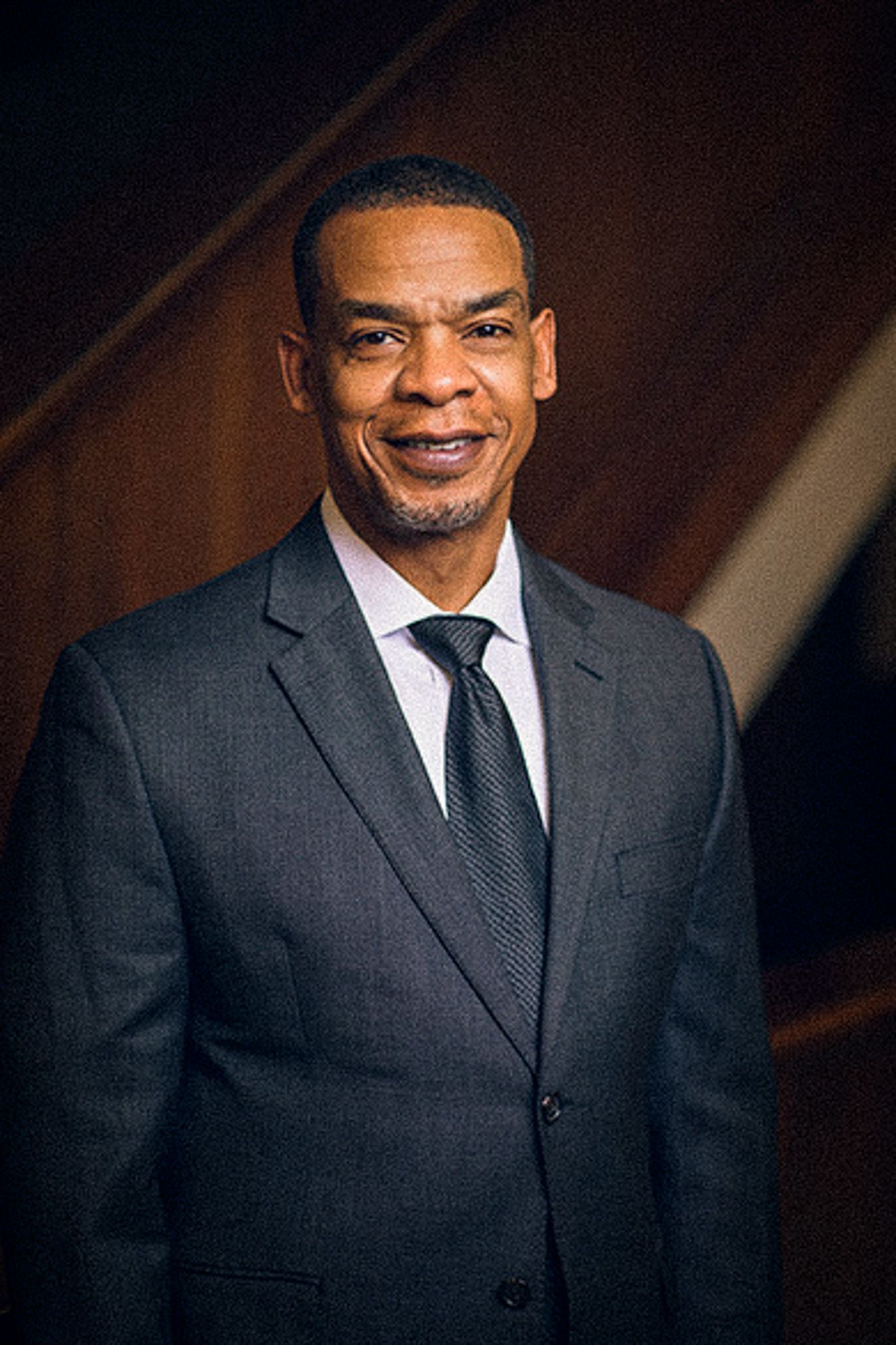
“It is the sense of possibility.”
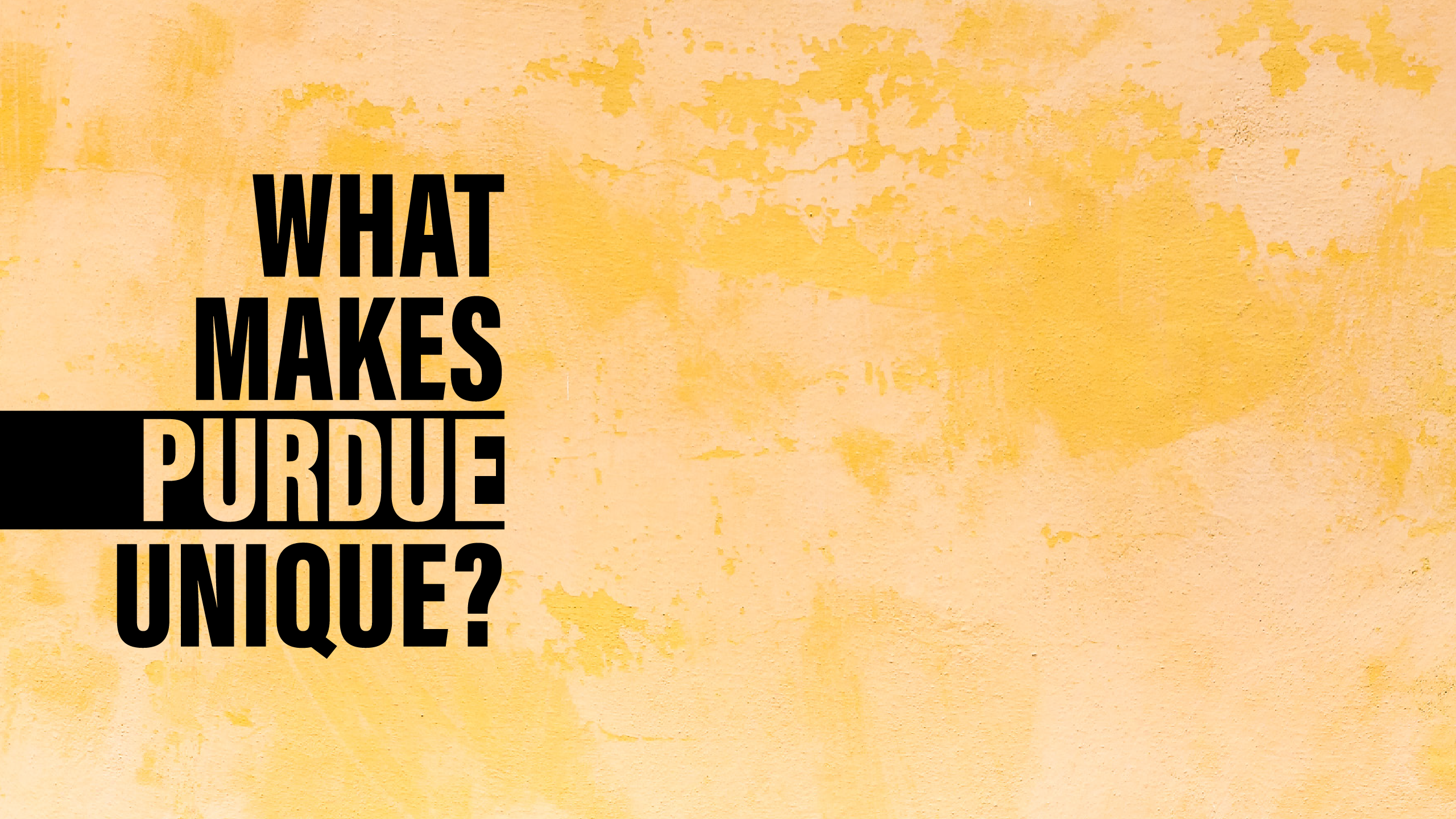
// By Christina Egbert
What is the value of Purdue? What makes Purdue different from any other college or university in the nation?
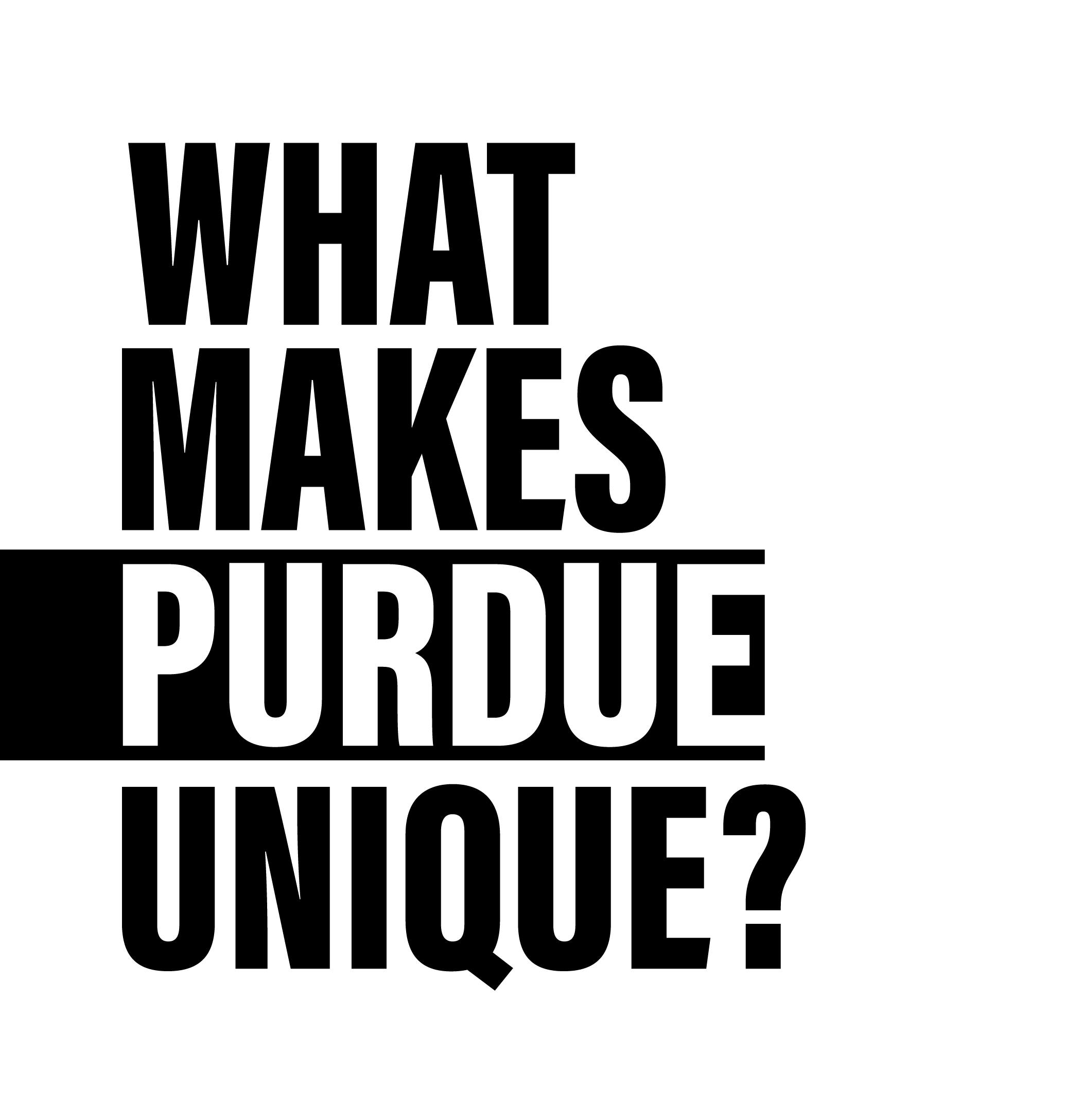
Every Boilermaker has their own answer.
For John Gates, Purdue University’s vice provost for diversity and inclusion, the answer is a simple one.
“It is the sense of possibility.”

The possibilities Purdue provides are endless. However, for Black Boilermakers, Gates says the invitation to participate has been lacking in recent years.
“Over the past 40 years, the university has moved metrics in a positive direction for every demographic group, but we haven’t seen as much growth for our Black population,” Gates says. “However, we’re seeing the beginnings of an enriched attitude change. We may not be where we want to be, but we’re not where we used to be either. There is movement here that is for the better, and I hope that the university will sustain and grow that.”
The struggle to recruit Black students wasn’t always an issue. In fact, the very first Black Boilermaker, George W. Lacey (P’1890), came to Purdue in 1886—only 17 years after the university’s founding—and graduated four years later from the College of Pharmacy. To put that in perspective, the University of Virginia did not enroll a Black student until 1953.
In 1894, the second Black student, David Robert Lewis (CE’1894), graduated from the College of Engineering.
Plessy v. Ferguson was decided in 1896, establishing the “separate but equal” mindset in America.
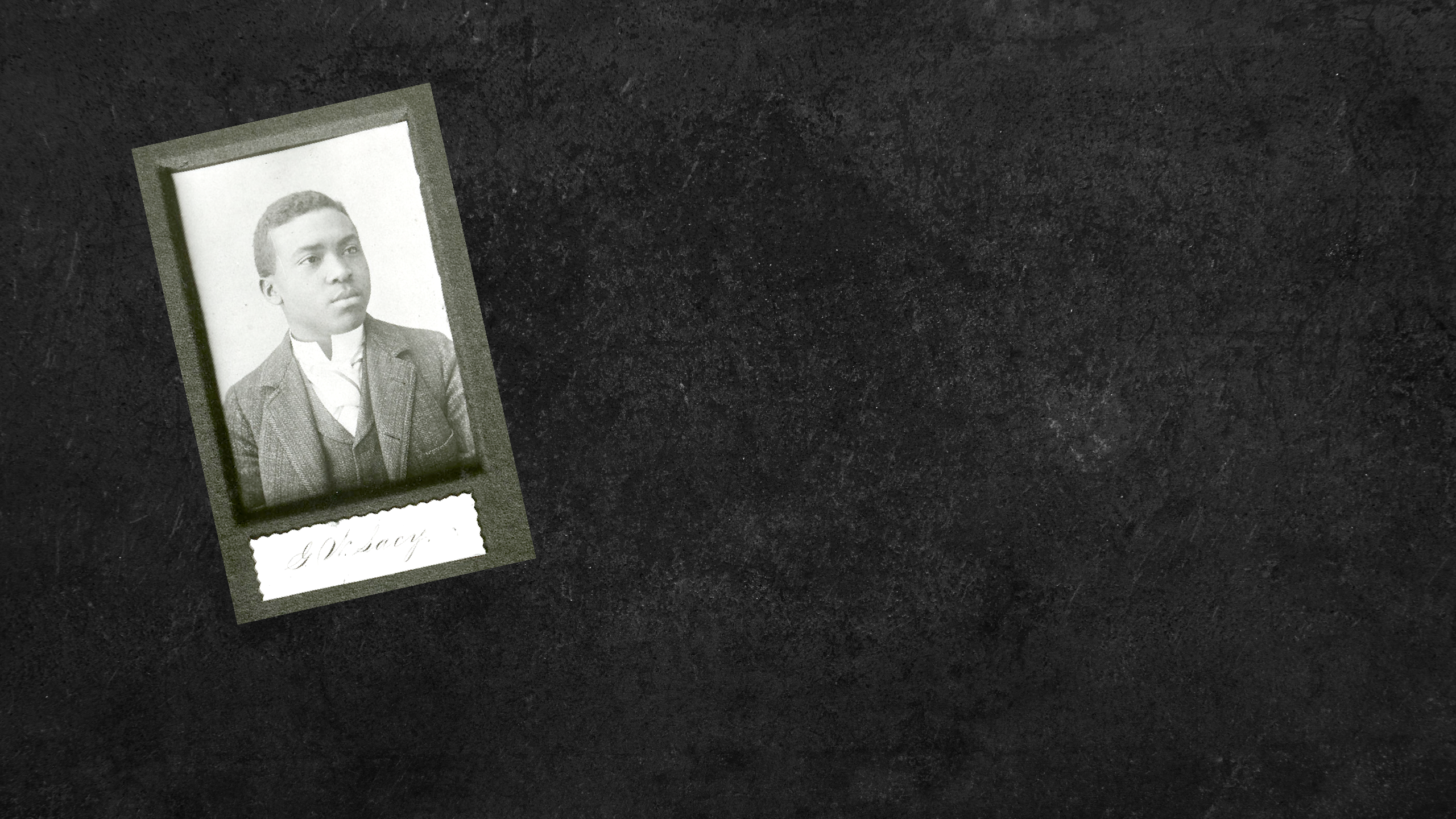
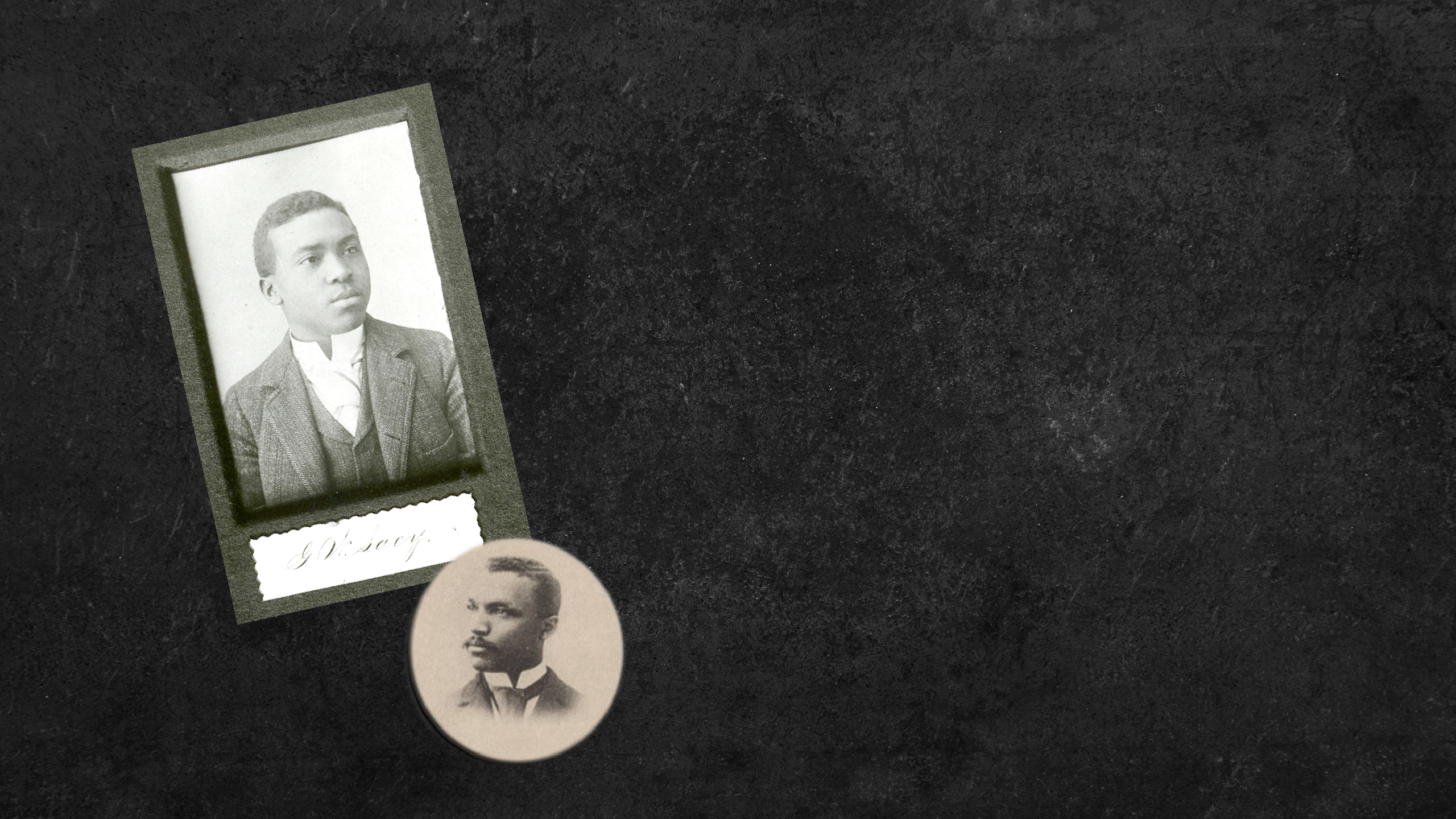
The possibilities Purdue provides are endless. However, for Black Boilermakers, Gates says, the invitation to participate has been lacking in recent years.
“Over the past 40 years, the university has moved metrics in a positive direction for every demographic group, but we haven’t seen as much growth for our Black population,” Gates says. “However, we’re seeing the beginnings of an enriched attitude change. We may not be where we want to be, but we’re not where we used to be either. There is movement here that is for the better, and I hope that the university will sustain and grow that.”
The struggle to recruit Black students wasn’t always an issue. In fact, the very first Black Boilermaker, George W. Lacey (P’1890), came to Purdue in 1886—only 17 years after the university’s founding—and graduated four years later from the College of Pharmacy. To put that in perspective, the University of Virginia did not enroll a Black student until 1953.
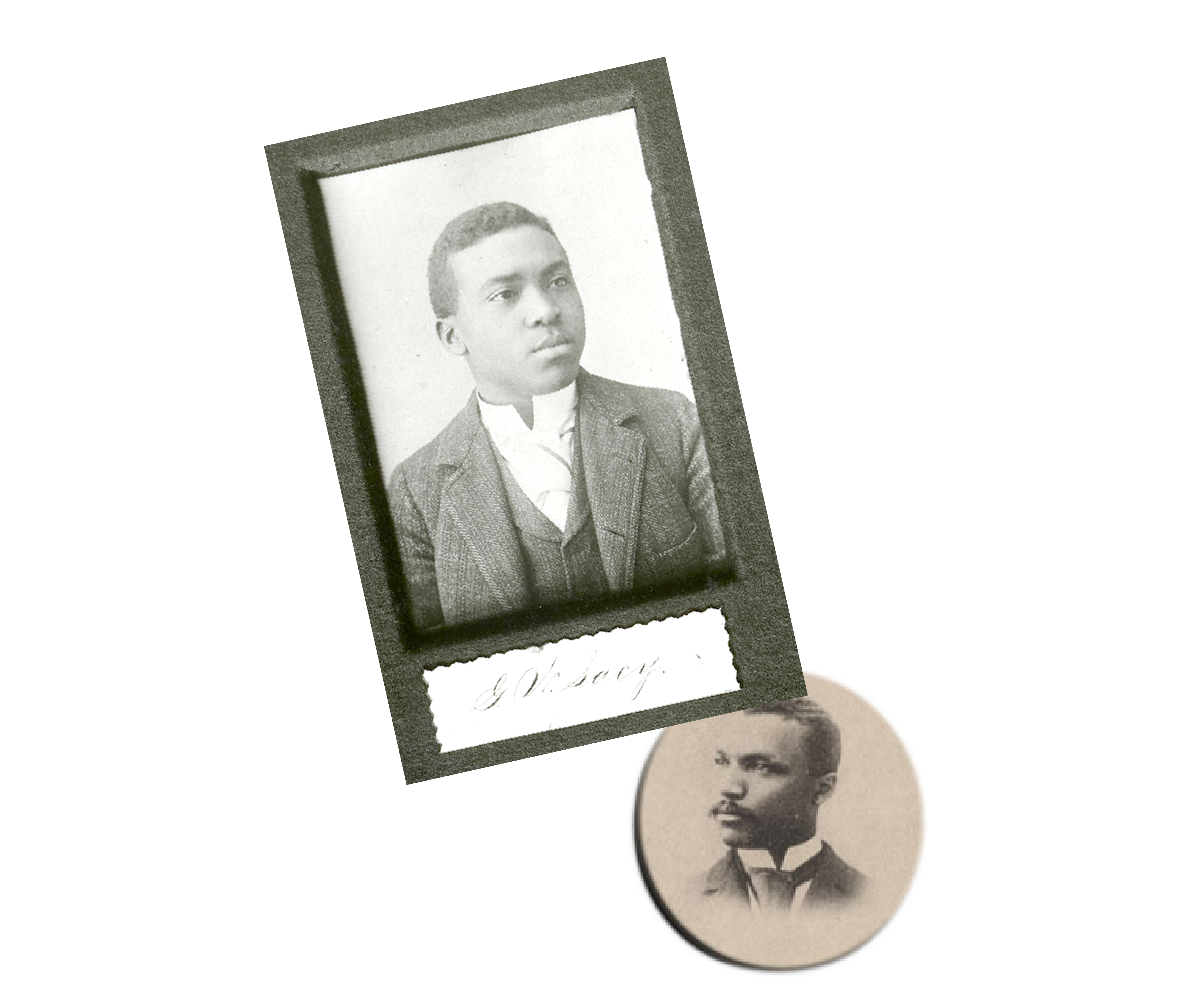
In 1894, the second Black student, David Robert Lewis (CE’1894), graduated from the College of Engineering.
Plessy v. Ferguson was decided in 1896, establishing the “separate but equal” mindset in America.

“WHAT DID PURDUE DO? PURDUE ACTIVELY BEGAN RECRUITING BLACK STUDENTS INTO OUR UNDERGRADUATE AND GRADUATE PROGRAMS.”

“To go even further, the first Black woman to ever earn a PhD in pharmacology—Dolores Cooper Shockley (MS P’53, PhD P’55)—did so from Purdue,” Gates says. “The first Black professor to be awarded tenure at Harvard Business School—James I. Cash (MS S’74, PhD M’76)—is a double Boilermaker. Purdue can do this.”
Purdue University’s Board of Trustees took action in August 2020, authorizing the Equity Task Force.
A multimillion-dollar initiative, the Equity Task Force has a specific focus on the experience of Black Boilermakers—students, faculty, and staff—and is designed to ensure that all members of the university community can experience everything Purdue has to offer equitably.


“To go even further, the first Black woman to ever earn a PhD in pharmacology—Dolores Cooper Shockley (MS P’53, PhD P’55)—did so from Purdue,” Gates says. “The first Black professor to be awarded tenure at Harvard Business School—James I. Cash (MS S’74, PhD M’76)—is a double Boilermaker. Purdue can do this.”
Purdue University’s Board of Trustees took action in August 2020, authorizing the Equity Task Force.
A multimillion-dollar initiative, the Equity Task Force has a specific focus on the experience of Black Boilermakers—students, faculty, and staff—and is designed to ensure that all members of the university community can experience everything Purdue has to offer equitably.

“THIS IS WHERE WE GO BACK TO POSSIBILITIES. THROUGH THE EQUITY TASK FORCE, PURDUE IS EMBRACING ITS OWN POSSIBILITIES.”

Community-building is another critical aspect of the Equity Task Force.
Gates says, “The Black Boilermaker experience asks, ‘Where do I belong? Where is my home?’ And the Equity Task Force is trying to make it clear all over campus that this is your home. And that is extraordinarily uplifting and liberating for both Black Boilermakers and the university at large.”
Even though Gates has only been at the university for a few years, he calls Purdue home. A home that’s not perfect, he says. But a home that is perfect for so many people.
And even though it’s not always easy to admit that there are imperfections in your home, critical work underway now will create a Boilermaker family that’s even stronger.

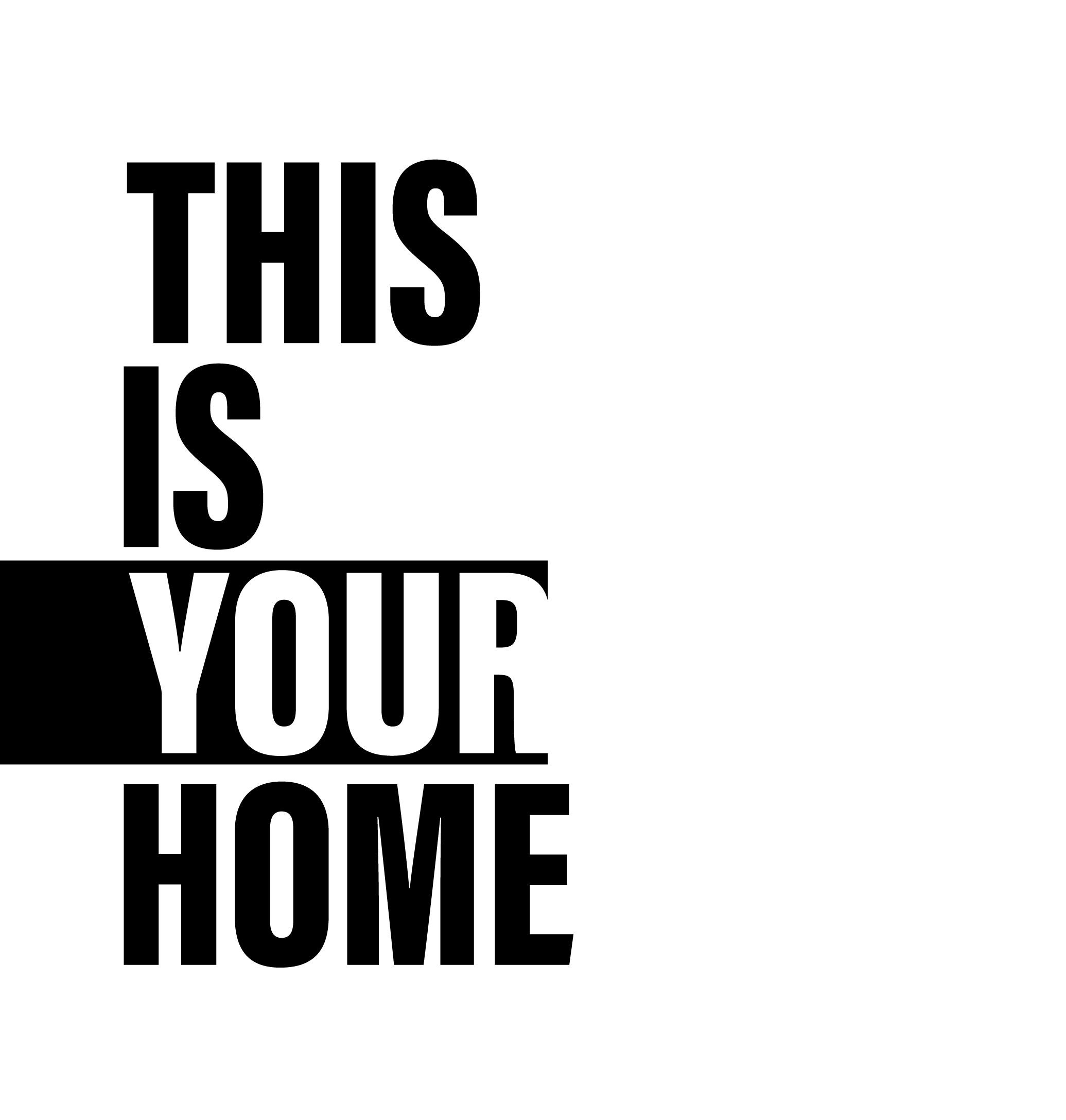
Community-building is another critical aspect of the Equity Task Force.
Gates says, “The Black Boilermaker experience asks, ‘Where do I belong? Where is my home?’ And the Equity Task Force is trying to make it clear all over campus that this is your home. And that is extraordinarily uplifting and liberating for both Black Boilermakers and the university at large.”
Even though Gates has only been at the university for a few years, he calls Purdue home. A home that’s not perfect, he says. But a home that is perfect for so many people.
And even though it’s not always easy to admit that there are imperfections in your home, critical work underway now will create a Boilermaker family that’s even stronger.

“I BELIEVE THE MOST PROFOUND AND EASY WAY TO CHANGE AN INSTITUTION IS THROUGH LOVE. LOVE IT SO FULLY—SO EMPHATICALLY—THAT YOU’RE WILLING TO SEE ITS STRUGGLES AS WELL AS ITS POSSIBILITIES.”

In April 2022, the newly formed Purdue for Life Foundation launched a division in support of the university’s diversity, inclusion, and belonging efforts. Led by Jacqueline Gatson, this division focuses on engagement strategies that strengthen connections between Purdue and underrepresented minority alumni as well as fundraising efforts for donors and industry partners interested in supporting the university’s priorities.
“Purdue has an opportunity to enhance the experience of our Black students, faculty, staff, and alumni in a very intentional way,” Gatson says. “This includes investing our time, talent, and resources to seek and implement new and meaningful ways to attract, recruit, and retain top talent all around.”
Since its creation, Purdue for Life’s Diversity, Inclusion, and Belonging Division has sponsored multiple campus events to celebrate graduating students and encourage them to stay connected with the university as well as alumni events that have highlighted and renewed their love for Purdue. One of the division’s greatest successes is a fundraising push that has prioritized the university’s Emerging Leaders Scholars program, which is designed to maximize the success of underrepresented and underserved students.
“We are listening, learning, and leveling up our efforts in the diversity, inclusion, and belonging space,” Gatson says. “We are implementing new roles, revising job functions, and shaping internal practices that will drive organizational change to better serve our diverse Boilermaker community and the efforts and initiatives on campus they care about.”
As it relates to Black alumni, Gatson says, it’s important to remember that not every Boilermaker’s campus experience is the same. While some students reflect fondly on their time at Purdue, there are others who did not have the same experience.
“We are developing new and culturally engaging programming to get our alumni excited, involved, and intentionally seeking partnerships that focus on diverse populations,” Gatson says. “We are increasing our visibility locally, regionally, and nationally to meet our alumni where they are. We have met some fantastic alumni and supporters along the way, and that gives me incredible hope.”
For alumni who want to become more involved with the university, Gatson recommends checking out the Purdue for Life Foundation’s affinity networks. Purdue for Life gives alumni the chance to attend new and exciting events, become volunteers, and mentor current students. There are also giving opportunities to support programs, initiatives, or scholarships.
“Our team can match a person’s interests to opportunities to make a difference,” Gatson says.
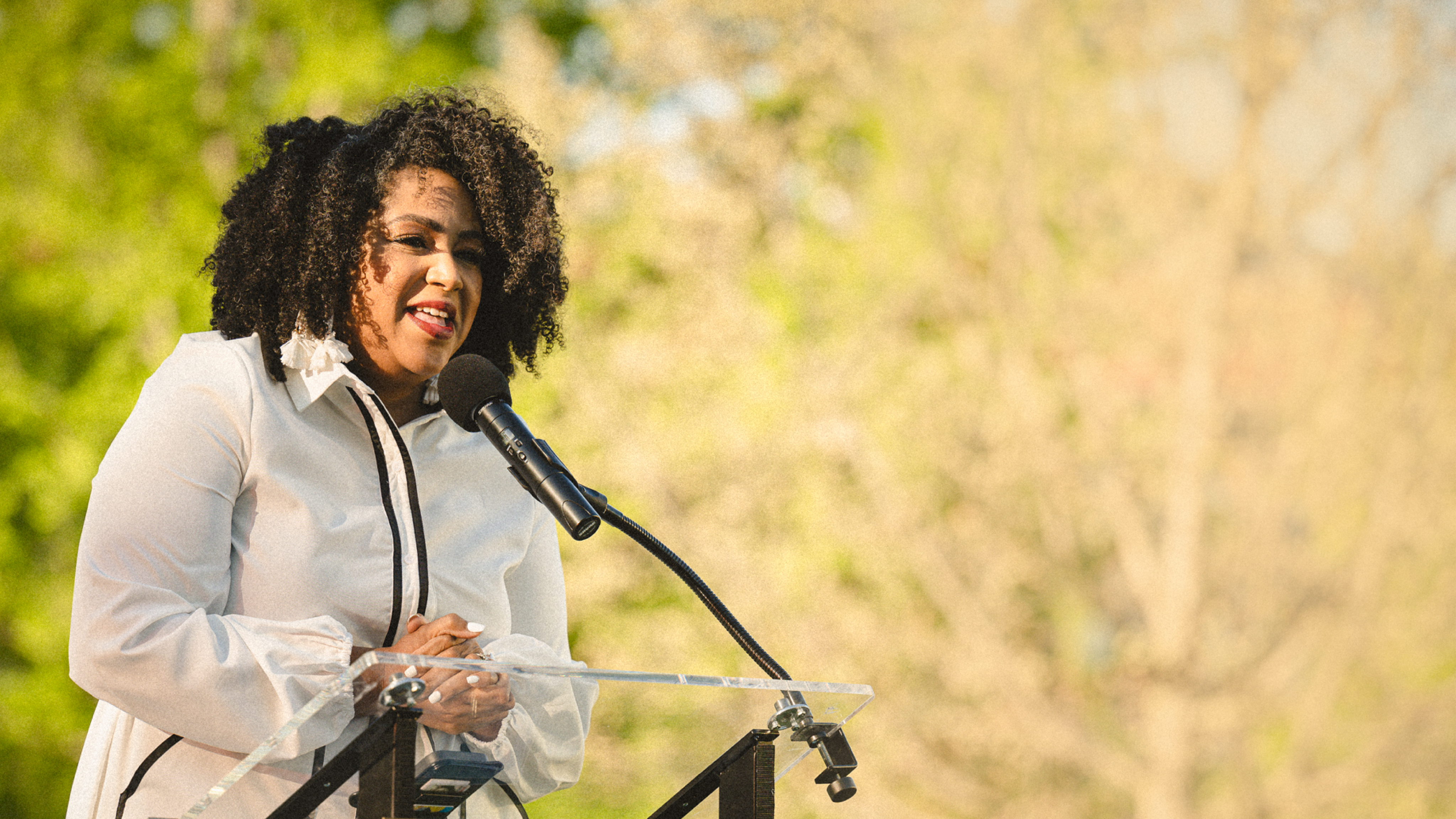


“Each and every corner of the university should be a place where all of us can say, ‘I belong,’” Gates says. “We belong when we find our needs being met. That is equity. That is the call of each of us as educators; our call as citizens; our call as human beings. Belonging is essential for each and every person at Purdue and beyond. It is the essential human need—to feel connected to something.”
Gates says that he wants the university community to remember its history—and learn from it—while also creating a new history. “I want us to all be participants in this change moment. Not simply participant observers—but participants in the nurturing of a great university. Purdue has all of the ingredients necessary to be triumphant in this space. Let’s help it get there.”
We asked Black Boilermakers who are dedicated to inclusive initiatives at the university for their perspectives on their time at Purdue. Below, in their own words, they share some of the challenges they’ve faced and let us know what gives them hope for the future.

Kayla Owens
Class of 2025 // Computer and Information Technology
Photo credit: Purdue University/John Underwood
I’ve always known I wanted to go to Purdue. I don’t think I had an idea of what I wanted to be when I grew up, but I knew I wanted to go to college like my mom. And now I’m planning on attaining a master’s degree in business from Purdue and working until I gain the skills to start my own IT consulting company.
As a Black Boilermaker, sometimes I think that other students might not be aware of how hard I work to succeed. There can be preconceived notions of who I am and who I should be—as both a woman and an African American. Having said that, Purdue has provided me with the best college experience I could have hoped for.
While I believe that Purdue can improve upon supporting Black campus organizations and highlighting them in the same way they do for others (I had to find resources on my own), the organizations I have found—the Black Student Union, the NAACP, and the Black Cultural Center—have provided me with a sense of belonging. Knowing that Purdue is ready to listen to us and help us reach our aspirations gives me an even greater optimism for the students who will come after me.
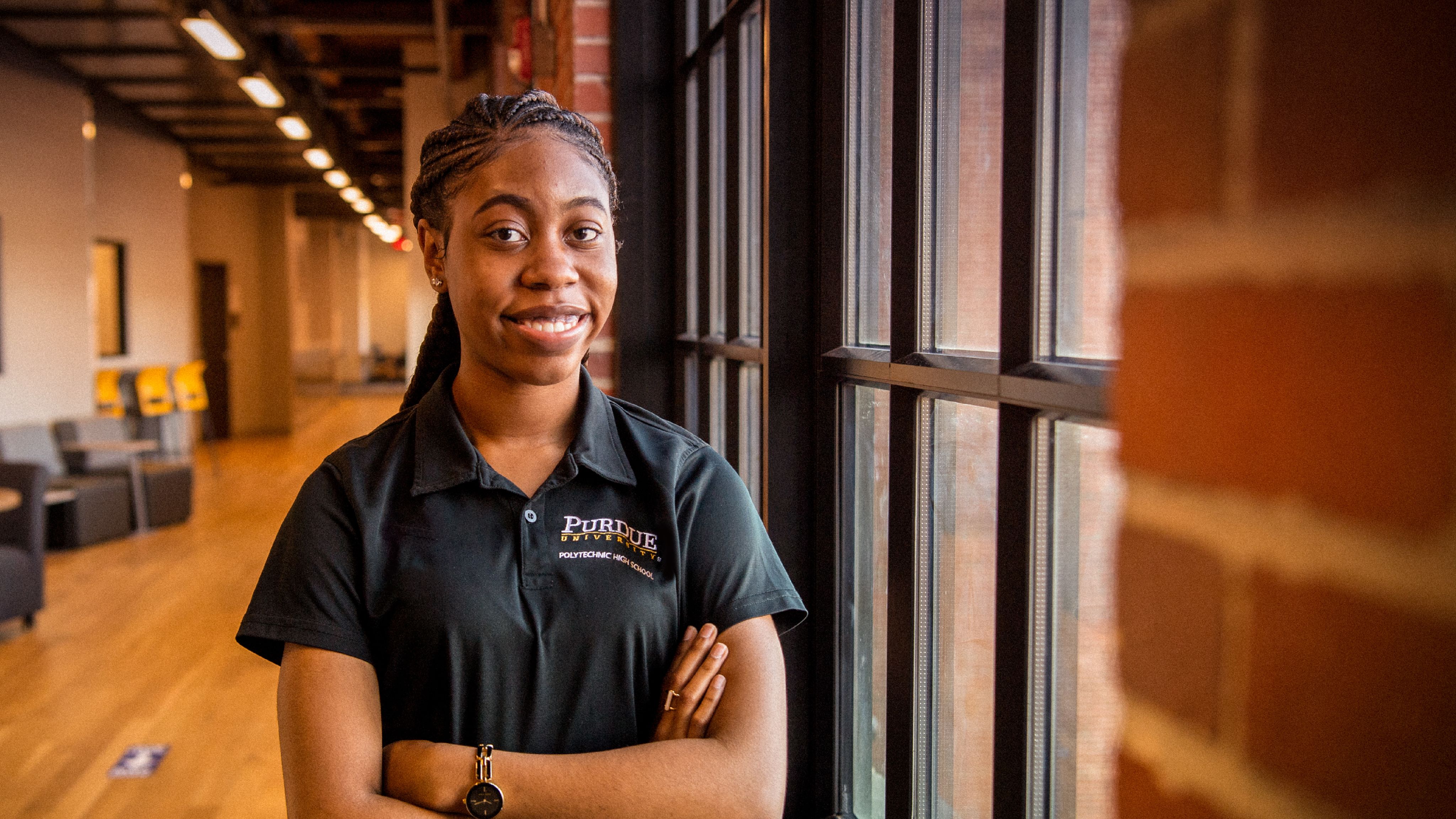
Charles Bruce (ECE’73)
Board Member // Purdue Black Alumni Organization
Photo credit: Firefly Nights Photography/Megan Drane
I came to Purdue in 1968, right after the assassination of Martin Luther King Jr. The man convicted of killing him lived in my hometown. So, on one hand, I had a general sense of mistrust for white people that was probably heightened compared to my Black peers at Purdue. On the other hand, having grown up and gone to school where I did—with no Black teachers and no Black students in leadership positions—I think I was more prepared for the Purdue environment than most Black freshmen.
There were so few Black students at Purdue—and even fewer in engineering—that there weren’t many opportunities for help or guidance from upperclassmen. Fortunately, there were some exceptions, and I have remained friends with the folks who mentored me to this day.
Today, I think the university does a reasonable job of recruiting Black athletes, but I can’t say the same about other Black students. However, I think the support the Purdue for Life Foundation has given to the Purdue Black Alumni Organization is encouraging, and the continued funding of the Black Cultural Center is appreciated. And I am willing to remain patient to see how things evolve under Purdue’s new president, Dr. Chiang.
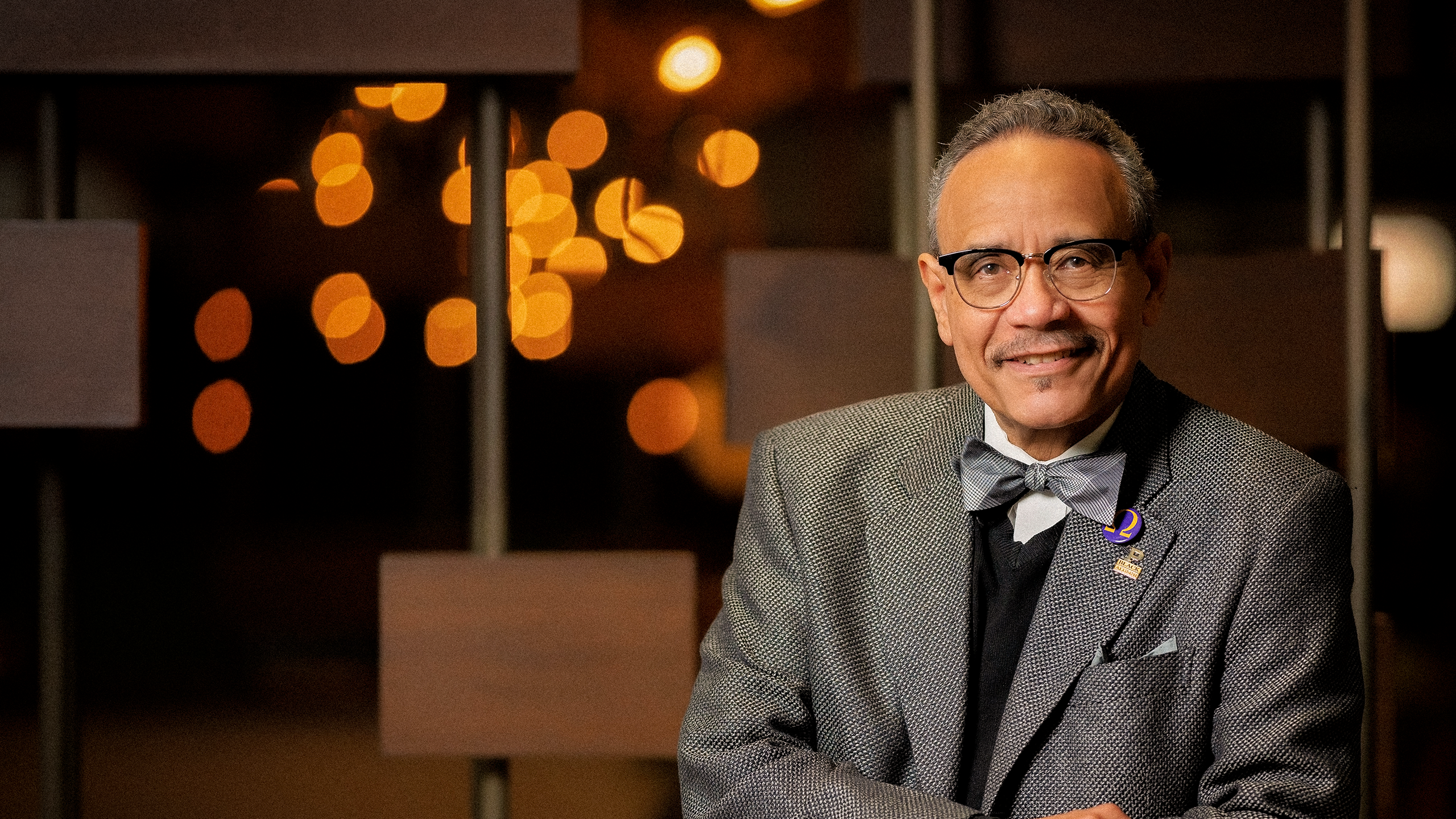
Anne Edwards (HHS’04, MS HHS’06)
Director // Black Cultural Center
Photo Credit: Purdue for Life Foundation/Gerry Robiños (T’02)
There is a piece of fabric that hangs in Purdue’s Black Cultural Center (BCC), and its beauty comes from the richness of many colors. That’s what inclusion is. Our experiences are much richer when everyone is thinking through an inclusive lens. And that doesn’t mean just having a seat at the table. Inclusion is being involved in decisions and being considered when thinking about the outcomes.
I was introduced to Purdue through its Upward Bound program. I spent time on campus during the summers after my sophomore and junior years in high school, and that experience helped solidify my decision to attend the university. As a student, the BCC was a stronghold for my sense of belonging. I studied here, I was a member of one of the performing arts ensembles here, and I hung out with my friends here. This was my hub.
Coming back as the director, this is really a full circle moment. Leading a Black cultural center wasn’t on my career trajectory, but I understood the importance of the BCC to students in the Purdue community. When the position opened, I jumped at the opportunity to give back to a space that had poured so much into me. My hope is to strengthen that sense of belonging for all students—and especially Black students. My overall experience as a Boilermaker has been awesome, but it hasn’t been without cultural insensitivities. And I’ve learned that some of our current students are still facing the very things I experienced. That’s sad to me.
However, because I have had those same experiences, I’m able to help students navigate those challenges. I cannot guarantee safety, but I can guarantee that this is a safe space. And sometimes, all a student needs is to know that someone is available to listen.
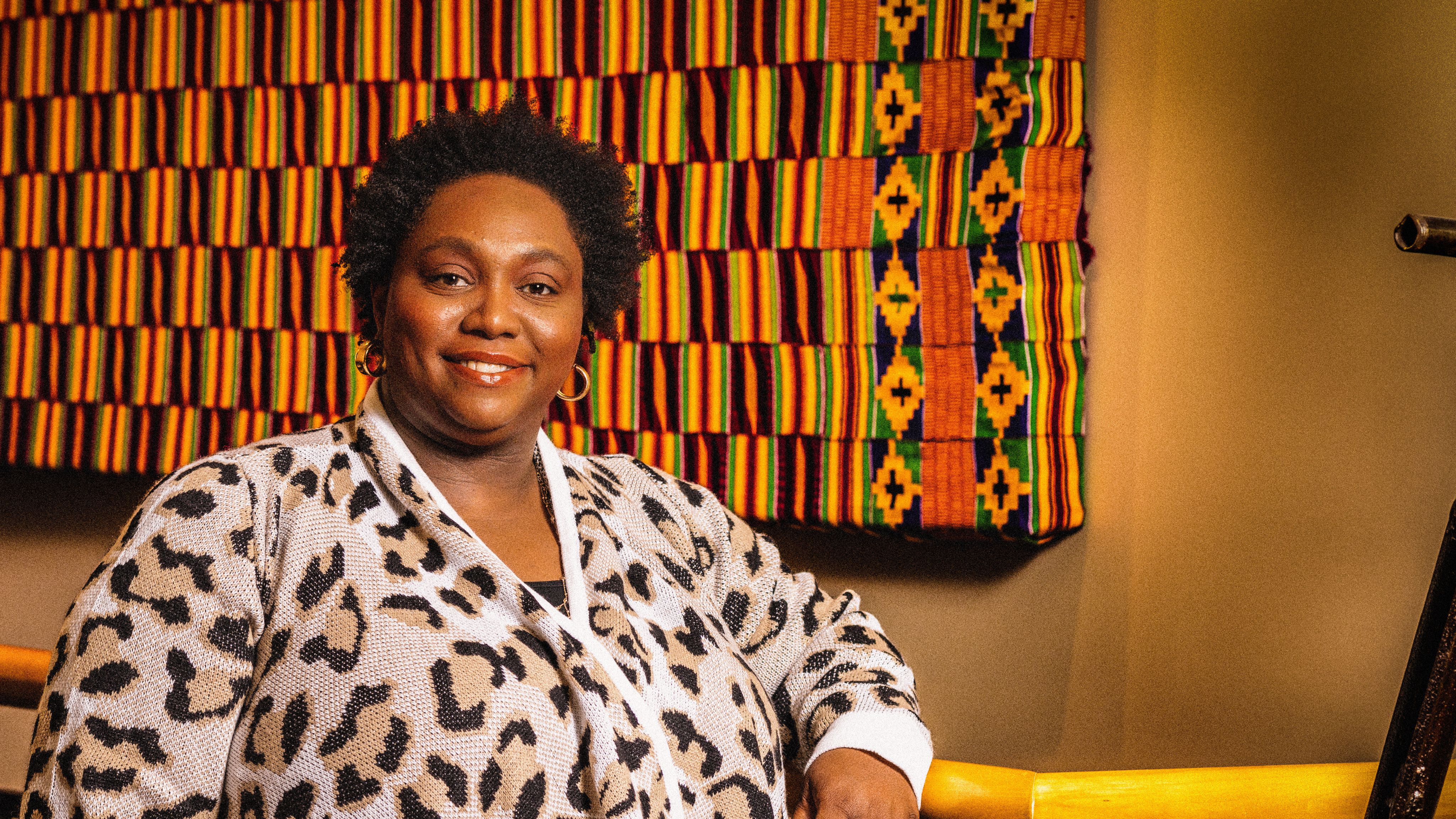
HELP BUILD BELONGING!
Contribute to the shared Boilermaker experience.
Read more stories from this issue of Purdue Alumnus magazine.
View a text-only version of this story.
